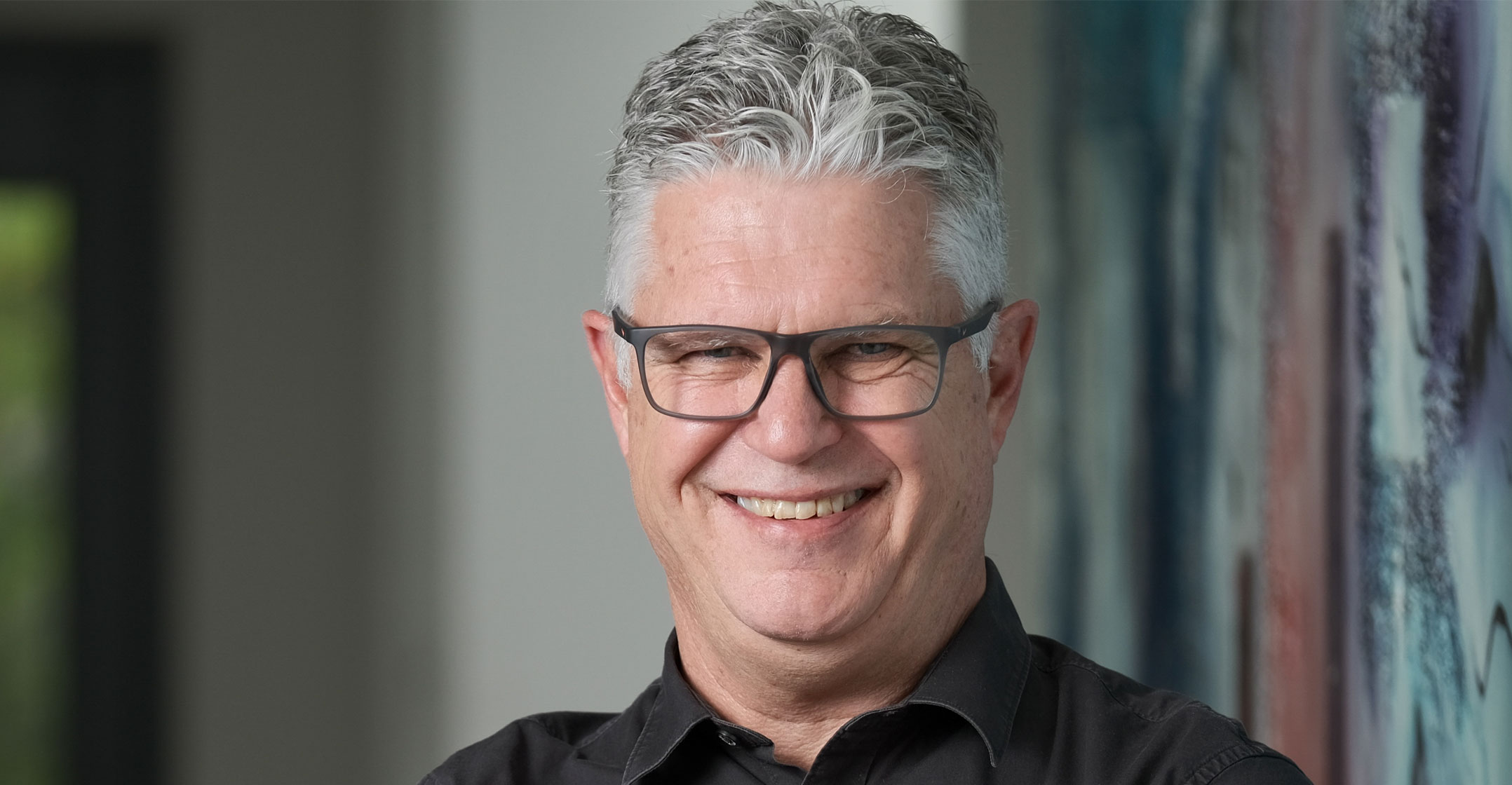
The volume of cashless payments across South Africa is predicted to accelerate between now and 2030. As a result, creating an enabling environment for retailers to offer new digital payment services quickly and securely should be a priority. Why? Because trade, which includes the retail sector, contributes up to 16% of our GDP, underpinning how essential the industry is for sustainable economic growth.
Contactless card payments on point-of-sale (POS) devices are a crucial part of this cash-free revolution, as highlighted by the number of these transactions that XLink processed across South Africa last year: 1.3 billion, which is an 18% increase from 2020.
Trend to continue over next decade
Contactless payments will continue an upward trajectory. PwC projects that the volume of these transactions across Africa will grow by 78% by 2025, and then by 64% between 2025 and 2030, making it the continent with the second fastest-growing cashless payment market in the world. In South Africa alone, GlobalData estimates that the card payments market will reach an impressive R1.8-trillion in 2024.
Clearly, this trend signals where the future of retail payments lies. It’s a future that must be enabled and supported to ensure South Africa’s retailers – and the financial service providers that offer them digitally connected POS services – can meet customer demands.
Seamless, secure connectivity a differentiator
While secure, stable and fast payment networks are needed to create this enabling environment year-round, they are especially important during peak trading seasons, like December. In 2020, XLink processed over 113 million contactless card payments in December alone; a figure that grew to over 130 million last year, signalling a nearly 15% increase in cashless transactions year on year.
Being able to offer customers a frictionless checkout experience is a big competitive advantage for retailers, particularly when stores are busy – this is when poor payment connectivity or faulty payment systems, and the resulting long checkout queues, will see shoppers abandon their baskets. Such negative experiences in store may see businesses lose customers for good.
Supporting business recovery in retail
After a sluggish two years battling the economic fallout of the pandemic, business recovery is the goal retailers are chasing for 2022. It’s a goal that XLink is making a reality for retailers and financial service providers alike by offering the always-on connectivity they need to process payments, hassle-free.
Our new multi-network payment system is driving this progress, delivering the best network availability, uptime and stability available locally. To date, XLink manages connectivity for over 400 000 card POS terminals nationally and we expect to deploy an increasing number of terminals as the contactless trend continues to soar this year and beyond.
Unfortunately, the latest figures show that our economy contracted by 1.5% in the third quarter of last year. As such, I believe supporting retailers in their digital transformation is more urgent than ever before. Business recovery goes hand in hand with economic recovery, and both will be achieved by leveraging digital solutions, like XLink’s. We’re proud to be innovating in ways that enable Africa to transact with the speed and security already enjoyed across many developed countries.
About XLink
XLink has been enabling Africa to transact since 2004 by providing companies with the high level of reliable, secure connectivity required to process payments. Facilitating over a billion connections a year, XLink plays an important part in growing the country’s businesses. By leveraging its extensive capabilities in connectivity, managed services and platforms, XLink enables businesses in retail and financial services to solve complex challenges, simply. To find out more about XLink, visit our website, or follow us on LinkedIn and Facebook for regular updates.
- Tony Smallwood is managing executive for product, systems and customer operations at XLink
- This promoted content was paid for by the party concerned




